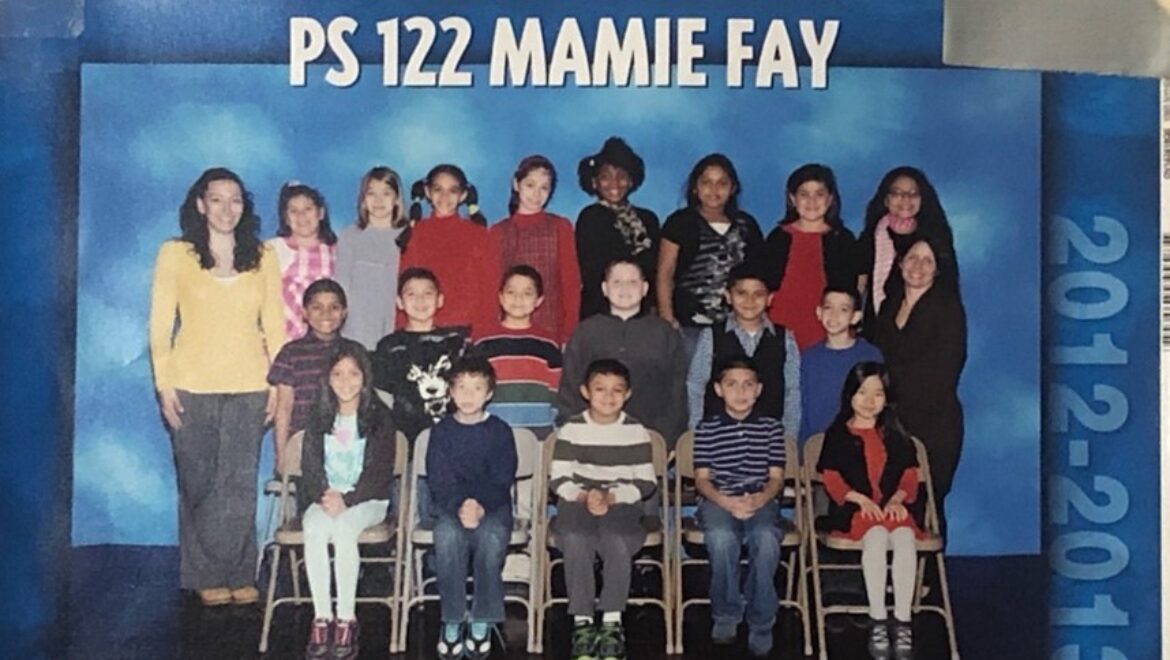Nobody Mean More to Me Than You And the Future Life of Willie Jordan
Rhetorical Situation Worksheet
Your name:
| Animesh Ray |
Completing this worksheet may take more time than you think. It’s worth the time. The information you gather will help you later when writing up assignments. But more importantly, the process of addressing each of the questions below will slowly work to change how you read texts. Keep in mind that some answers will not be obvious or even observable in the text, and so you may have to do some critical thinking and, at times, even some online research. Use full sentences. Take as much space as you need.
Context & Exigence: What topic/conversation is this text responding to? What year is the text published? What is the exigence–that is, what motivating occasion/issue/concern prompted the writing? The motivating occasion could be a current or historical event, a crisis, pending legislation, a recently published alternative view, or another ongoing problem.
| The author is responding to the White English superiority toward Black English. The text was published in the year 1988. The motivation behind this text was that there is language inferiority occurring with Black English and also that Black English is experiencing an extinction. |
Author: Who is the author of this text? What are the author’s credentials and what is their investment in the issue?
| The author of this text is June Jordan. She is an activist for African-American equality. She explores gender inequalities, problems with her race, etc. |
Text: What can you find out about the publication? What is the genre of the text (e.g., poem, personal essay, essay, news/academic article, blog, textbook chapter, etc.)? How do the conventions of that genre help determine the depth, complexity, and even appearance of the argument? What information about the publication or source (magazine, newspaper, advocacy Web site) helps explain the writer’s perspective or the structure and style of the argument?
| The publication is a journal that is from the Harvard institute. They acknowledge issues that go on with teaching and education. The genre would be Discrimination or Racism as is shown in the Black English extinction and rejection from society with standard English. This shows social unfairness. The publisher advocates what they see are issues in the current times and this article would work perfectly for them from seeing the problems of racism. |
Audience: Who is the author’s intended audience? What can you infer about the audience (think about beliefs and political association but also age, class, race, ethnicity, sexual orientation, profession, education, geographic location, religion, etc.)? Look for clues from the text (especially the original publication) to support your inference.
| The author’s intended audience is the White people that downgrade Black English. The African-American people do not conflict with their form of English. |
Purpose: What is the author trying to accomplish? To persuade, entertain, inform, educate, call to action, shock? How do you know?
| The author is trying to persuade that there is no problem with Black English as it is not inferior to another form of language/style. She is also trying to resurrect the culture in their own style language of Black English and not lose it. |
Argument: What do you believe is the main claim/idea/argument that the author is trying to communicate? What stance does s/he take?
| She is arguing for Black English legitimacy in America and stands firmly with it. She doesn’t want to see her own style of mother language be taken away to a superior style of English that White folks use and downgrade others. |
Evidence: How is the argument supported? Types of support include reasons and logical explanations as well as evidence. Types of evidence include anecdotes, examples, hypothetical situations, (expert) testimony, quotes, citing sources, statistics, charts/graphs, research the author or another source conducts, scientific or other facts, general knowledge, historical references, metaphors/analogies, etc.
| She says, “But I decided against pointing to these identical traits of syntax; I wanted not to make them self-conscious about their own spoken language – not while they clearly felt it was ‘wrong.'” She uses this to the students she is teaching about their own mother’s tone which is perfectly normal to say. She is trying not to lose this Black English she grew up with and for the future generation of her race because it represents a strong sense of culture and legitimacy in America. |
Rhetorical Strategies: What aspects of this text stand out for you as a rhetorical reader? In other words, what do you observe about what the author strategically does (consciously or not) in hopes of appealing to their audience? List here as many observations as you can make about what the text does.
| The murder of Willis Jordan’s brother by the police stood out the most for me because it represented how much social injustice was there back in the late 1900s. The author appeals to the audience as being in her favor after seeing the tragedy the black community is dealing with. She is looking for sympathy from the audience. |
Citation: Add the correct MLA or APA bibliographic entry for this text. Use easybib.com if you prefer.
| Wikipedia Contributors. “June Jordan.” Wikipedia, Wikimedia Foundation, 8 Aug. 2019, en.wikipedia.org/wiki/June_Jordan. Accessed 18 Sept. 2019. |
Notes: What do you want to remember about this text?
| Black English is not inferior to any form of language. |


